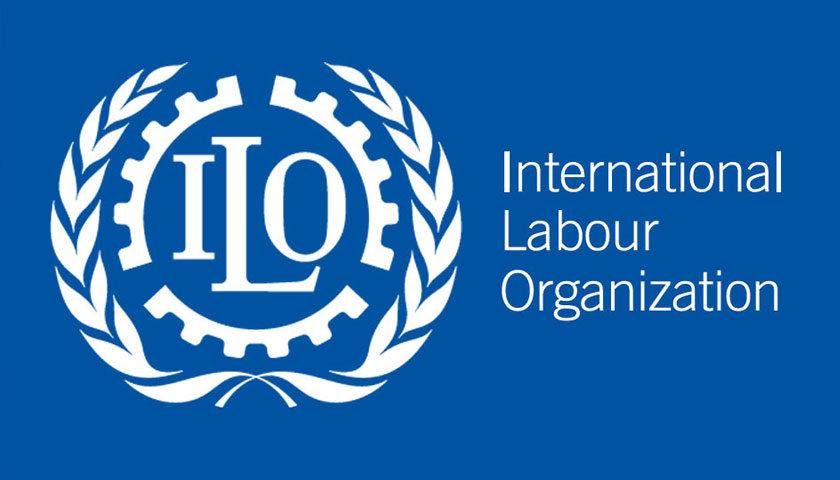To mark the commemoration of International Sign Language Day, the ILO took part in an interactive talk show titled “Voices in Signs: Uniting for Inclusion and Sustainability”, organized by Pertamina, a state-owned enterprise. Held on 23 September in Jakarta, the event featured speakers from Pertamina, the National Commissioner on Disability and the Indonesian Sign Language Centre (Pusbisindo).

Representing the ILO, Programme Officer Dina Sari shared findings from the organization’s latest study, which highlights the persistent labour market challenges faced by people with disabilities. According to the research, individuals with disabilities are less likely to participate in the workforce and tend to earn lower wages when employed. They also experience higher unemployment rates and are more likely to be self-employed.
“Approximately nine percent, or 23.3 million, of Indonesia’s population are people with disabilities, with 2.2 percent experiencing severe disabilities,” Dina said, citing the 2019 National Economic and Social Survey. “Most workers with disabilities are employed in low-level, informal sector jobs with minimal wages. In fact, among 100 individuals with type 3 disabilities, only 22 are employed.”

Regarding sign language, she explained that some portions of Indonesians with hearing impairments rely heavily on Indonesian Sign Language, or Bisindo, for daily communication. “This means that recruitment processes that do not use Bisindo cannot accommodate job seekers who depend on it. Without a sign language interpreter, individuals with hearing impairments face significant barriers to entering the workforce and advancing their careers,” Dina added.
She concluded her presentationby offering a set of actionable recommendations aimed at fostering greater inclusion of people with hearing impairments in the workplace. These practical measures addressed key areas such as recruitment, workplace support, career development and organizational culture – each designed to remove barriers and promote equal opportunities for people with hearing impairments.
- Reasonable accommodations in recruitment, such as providing a sign language interpreter during interviews, offering written interviews instead of phone calls and focusing job descriptions on essential tasks rather than hearing ability.
- Workplace support, including sign language services for meetings and training sessions and accessible technologies like video relay services.
- Career development, by ensuring equal access to training opportunities and job promotions for workers with hearing impairments.
- Organizational culture transformation, through basic sign language courses, increased awareness of disability inclusion, involving workers with disabilities in decision-making, and celebrating the diversity of sign languages in the workplace.
